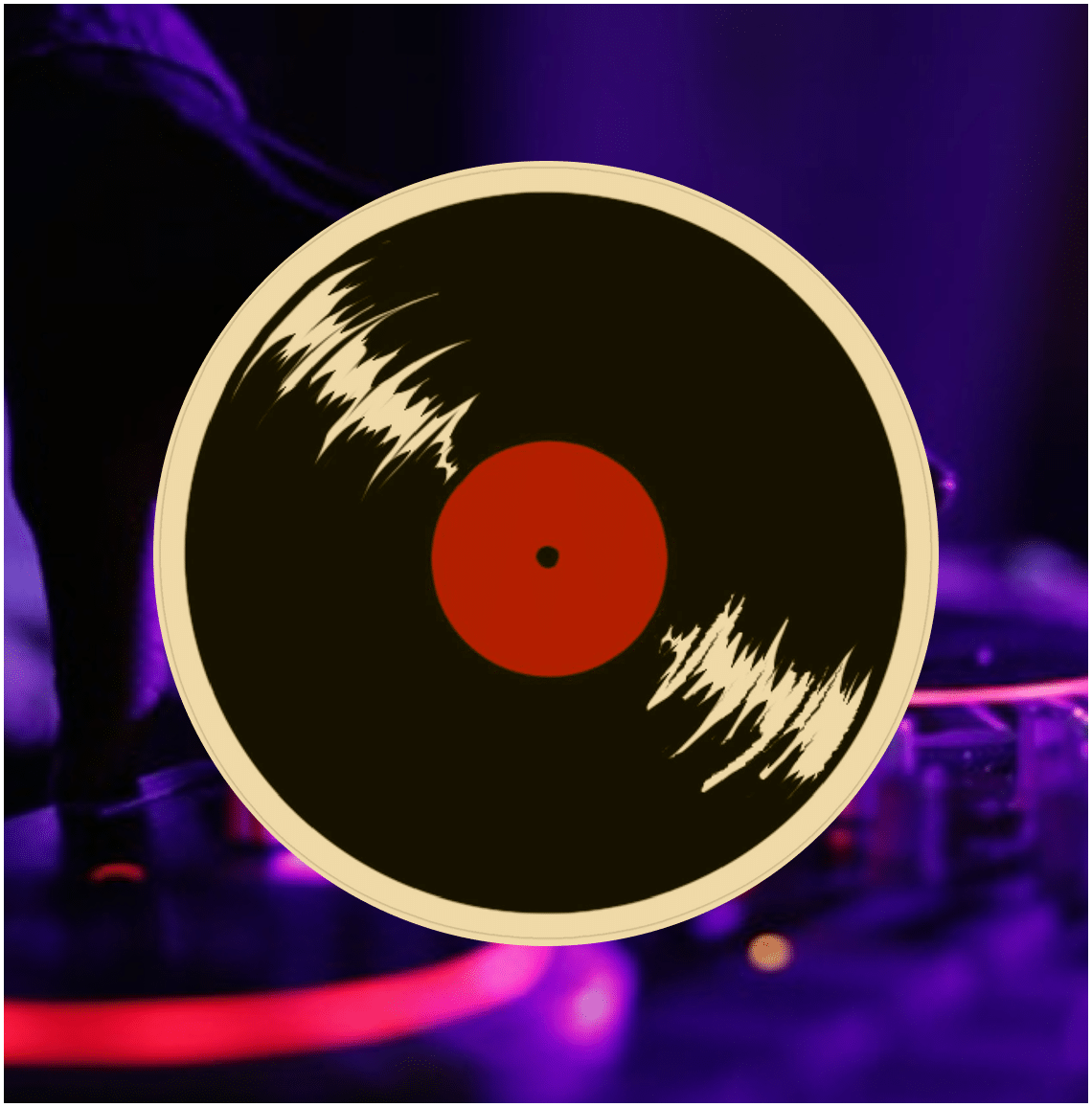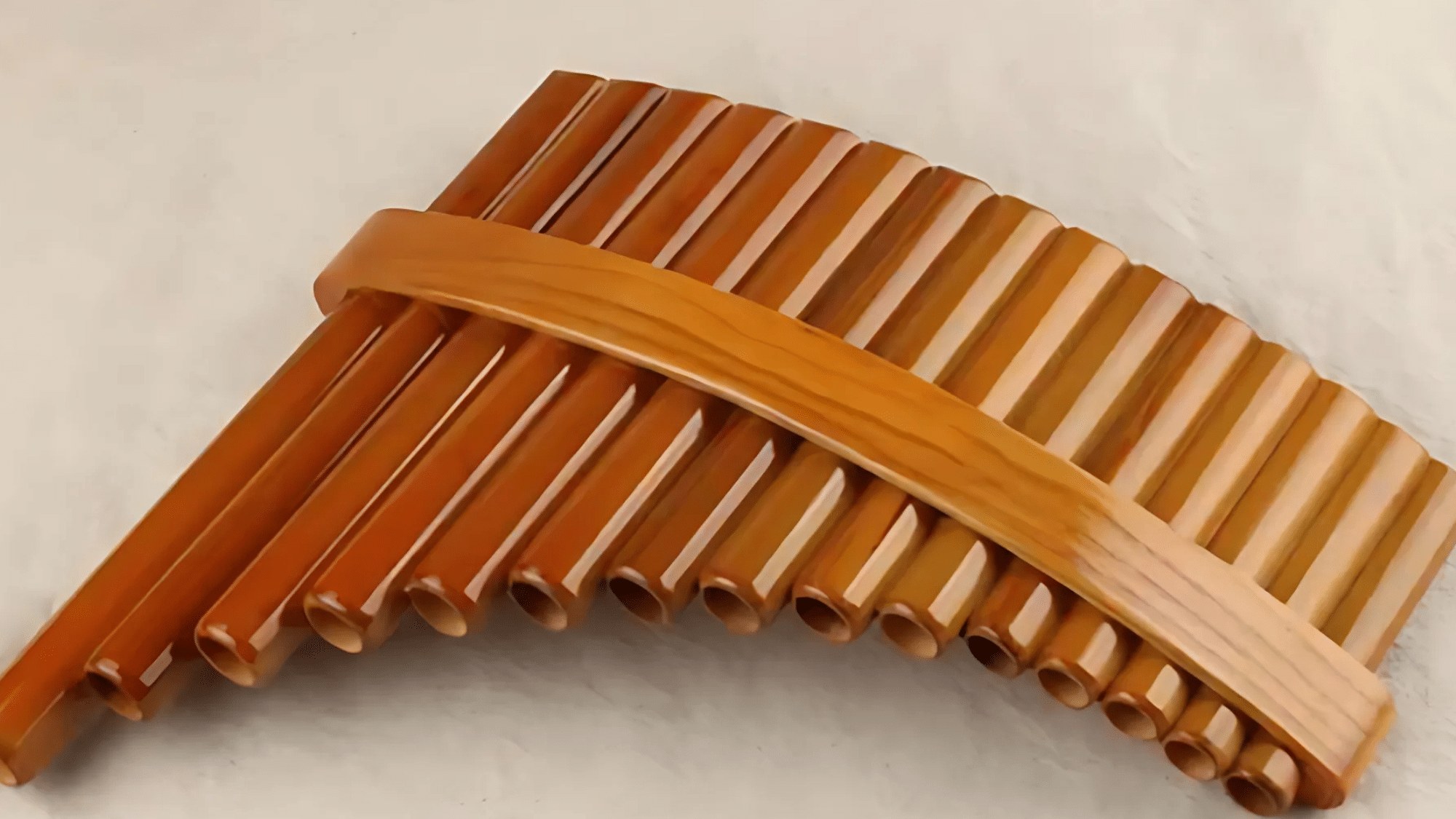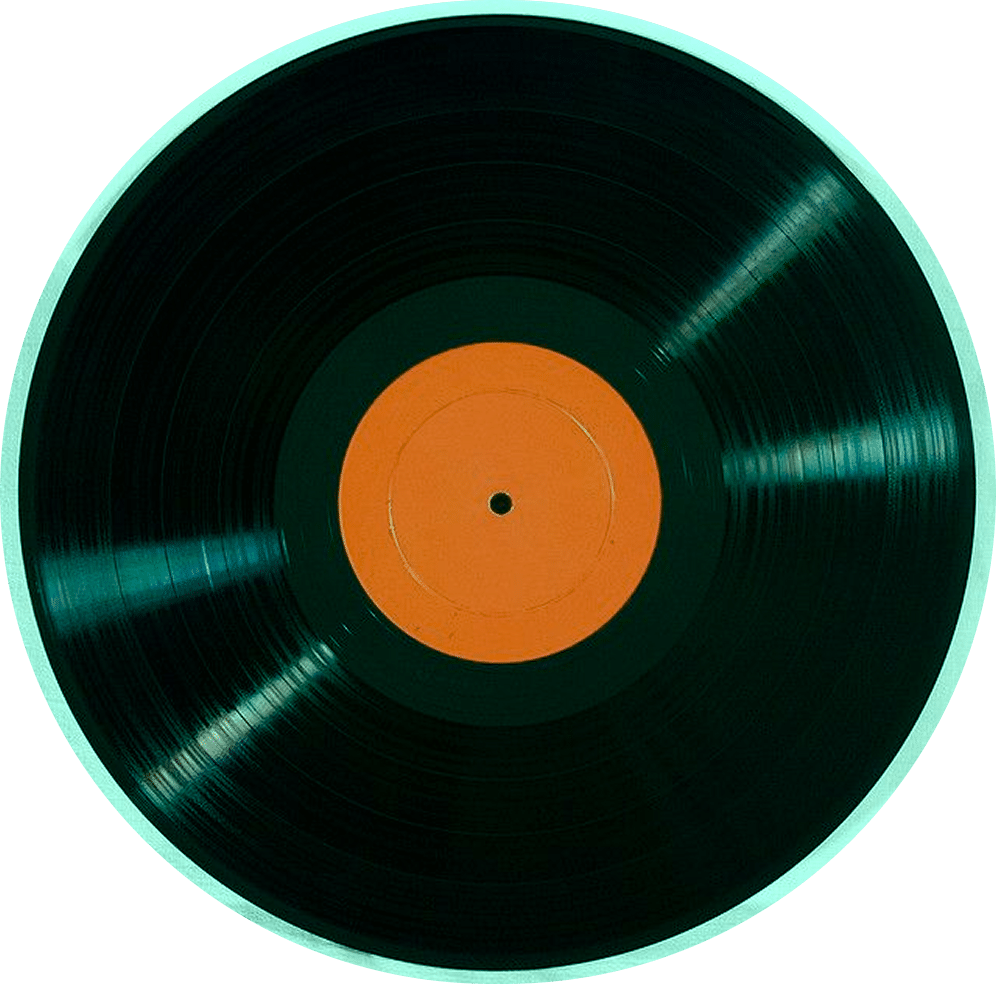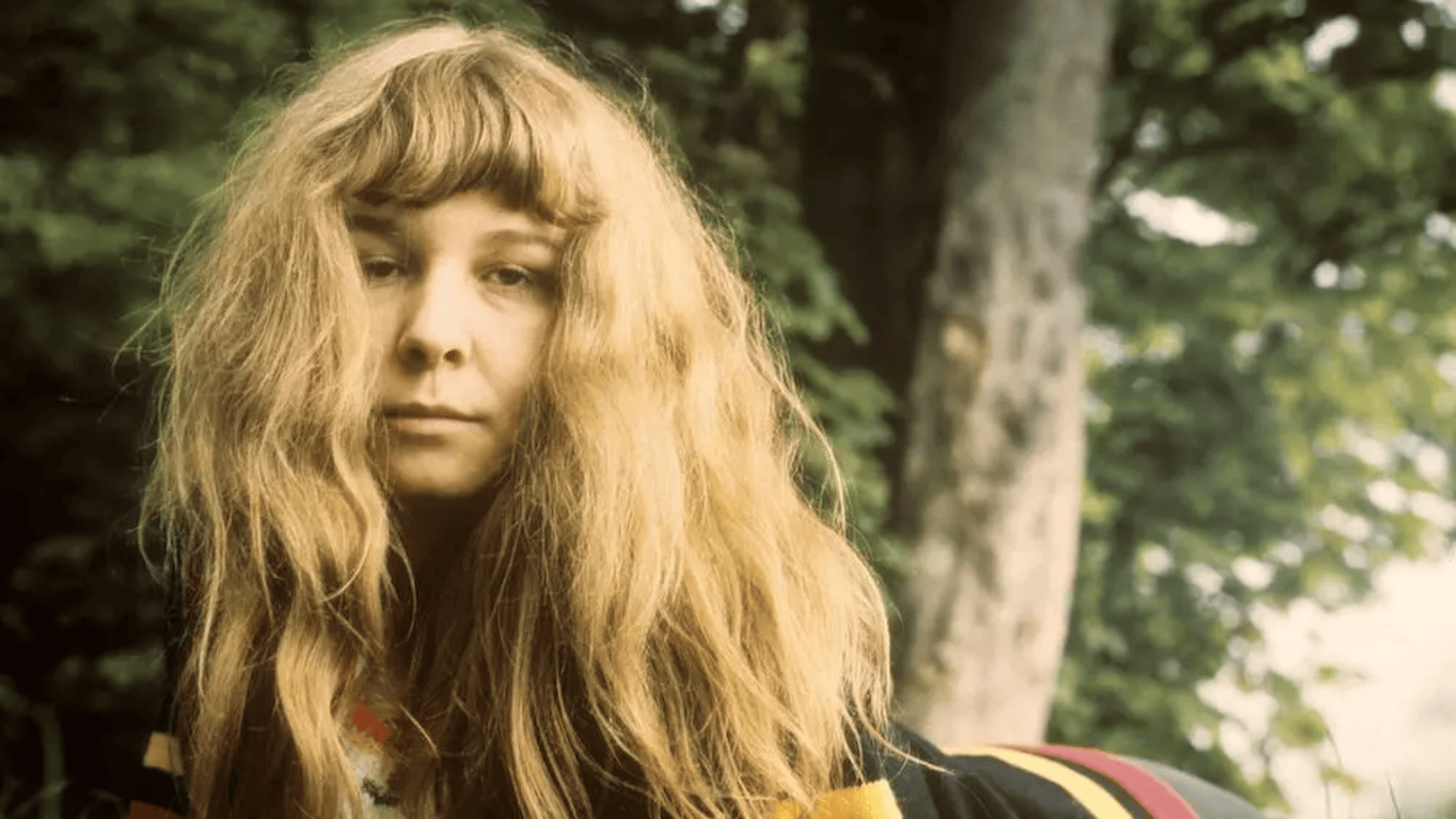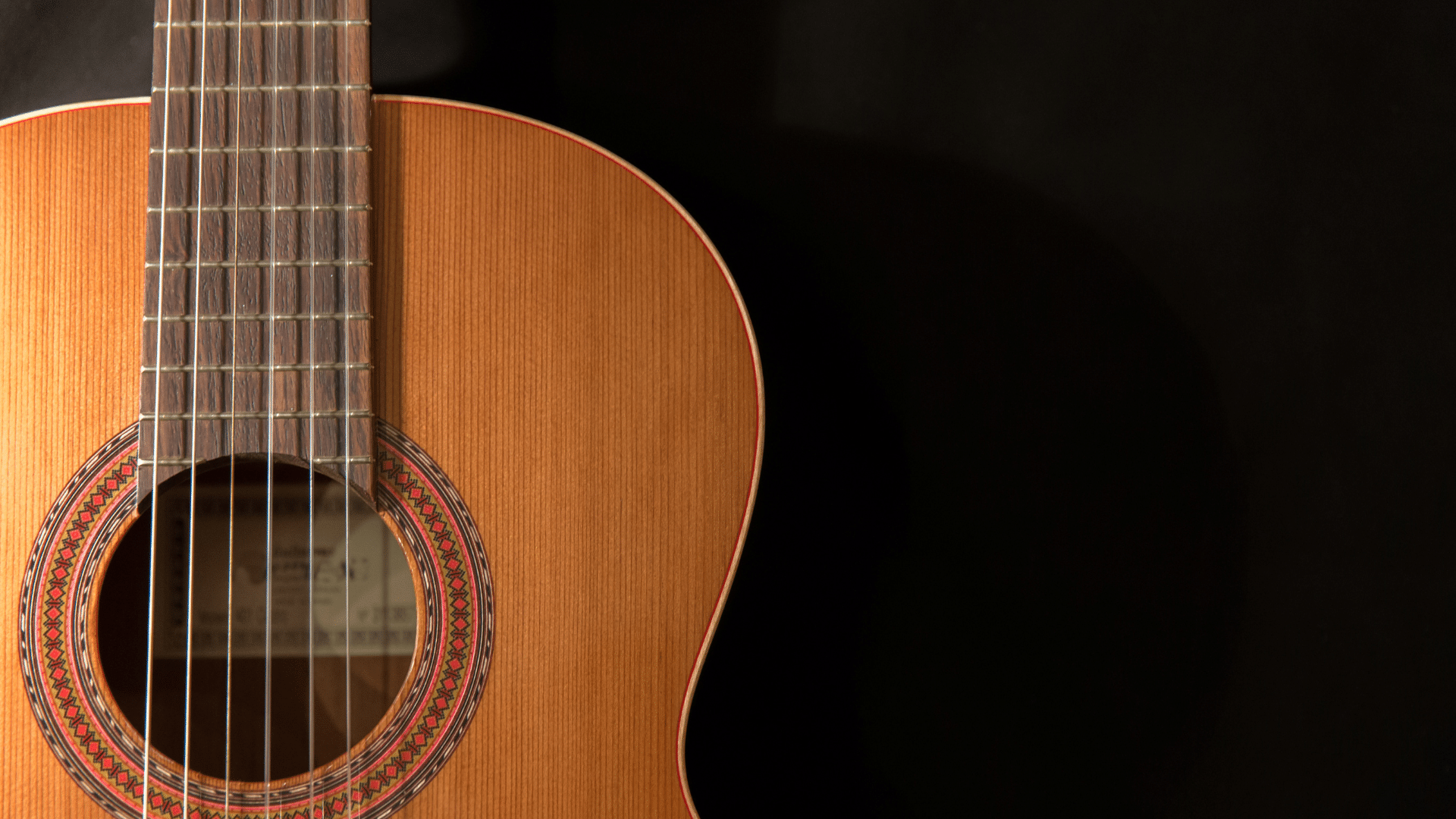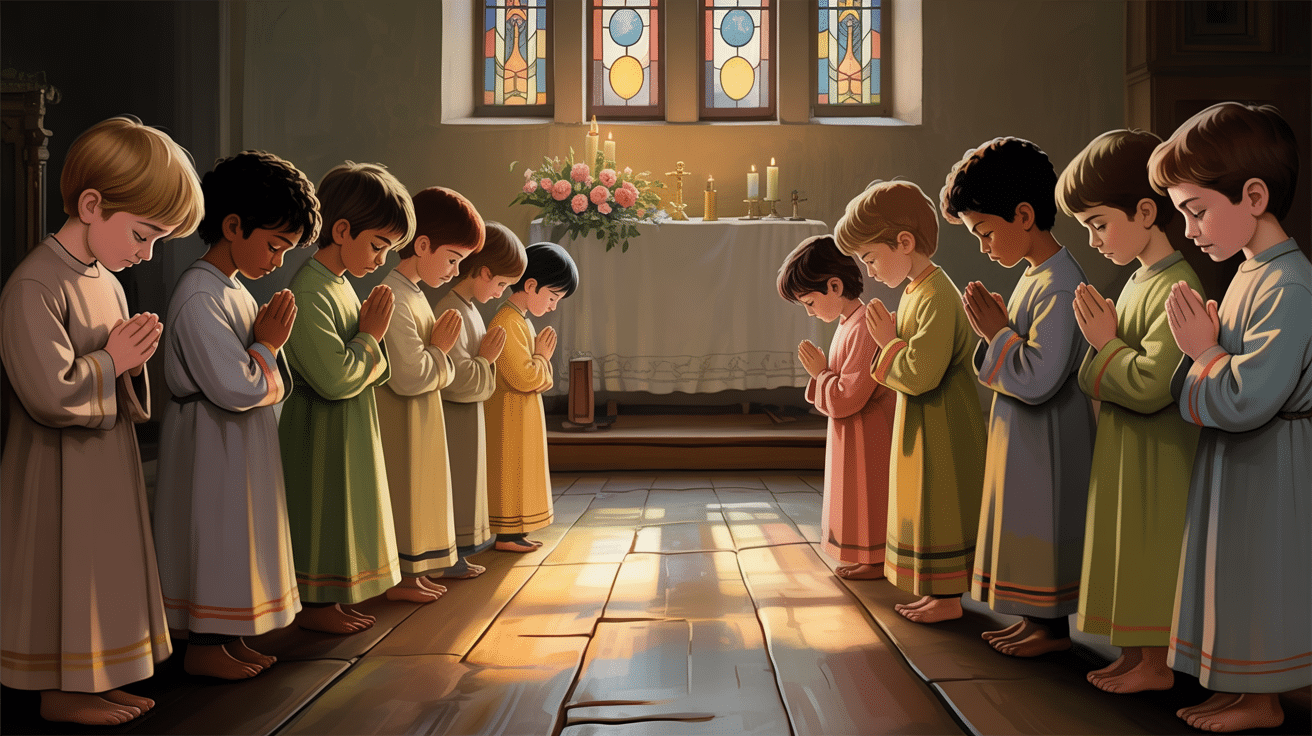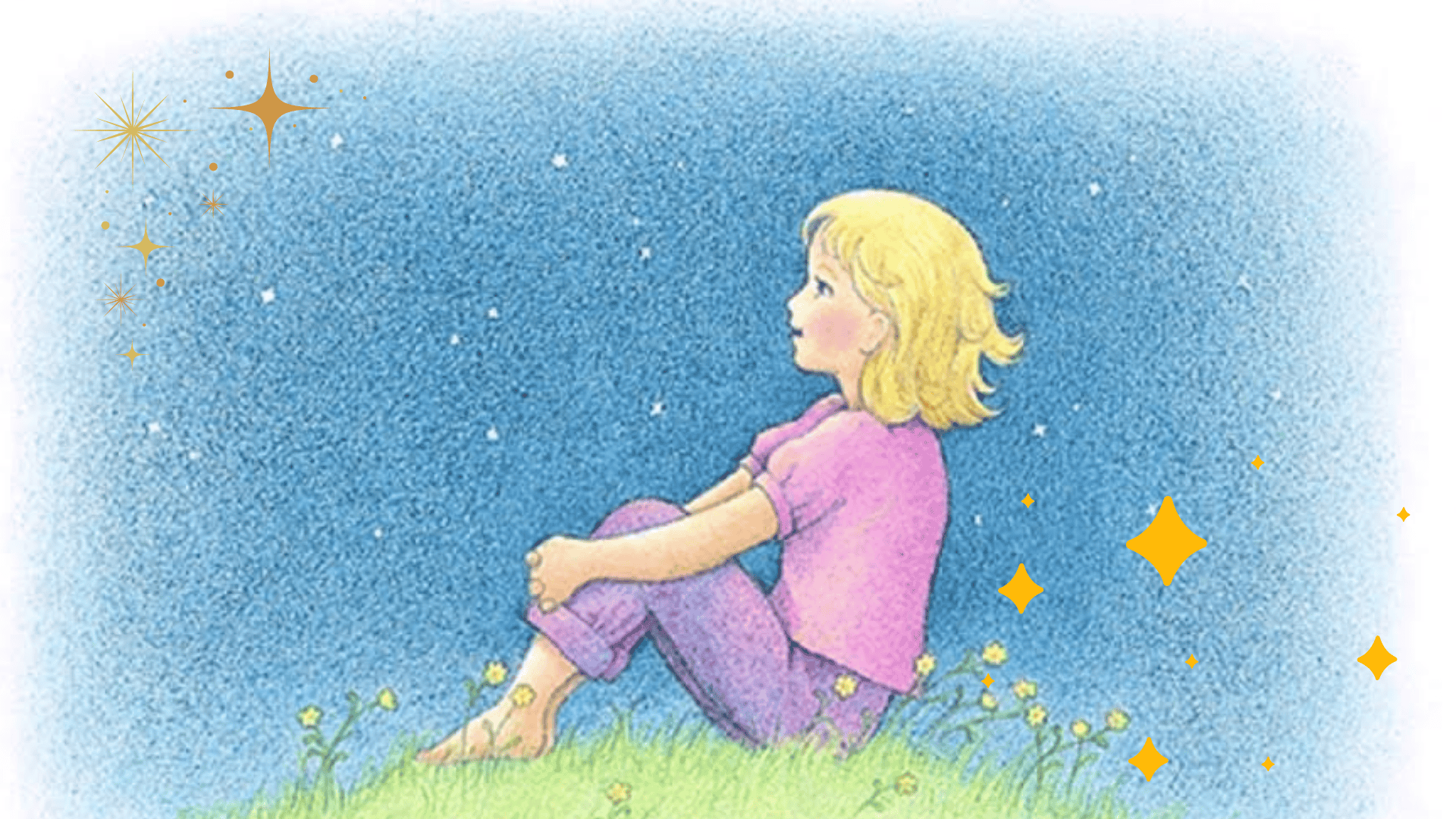Are you ready to create something uniquely wonderful and make a memorable impression? Let’s find new ideas together!
Finding the right musical instrument to learn can feel overwhelming, especially when you’re trying to expand your musical knowledge or choose something unique that stands out from common options.
This guide introduces you to musical instruments that start with the letter P, offering fresh options to consider and enjoy.
You’ll learn about different P instruments, from the familiar piano to exotic options like the pipa and pungi. Each entry includes the instrument’s origin, basic playing technique, and a helpful tip to get you started.
How “P” Instruments Add Character and Color to Music?
Instruments starting with P bring a remarkable variety to musical compositions across cultures and genres. From the piano’s rich harmonies anchoring classical pieces to the piccolo’s bright sparkle piercing orchestral textures, P instruments fulfill roles unmatched by others.
These instruments span every musical family, strings, winds, percussion, and keyboards, each contributing distinct tonal qualities.
The pipa adds gentle Asian flavors, while the pedal steel guitar creates signature country sounds. Some, like the pan flute, carry ancient traditions forward, while others serve specialized modern needs.
What makes P instruments truly special is their ability to create specific moods and atmospheres. Each instrument contributes rhythm, melody, and harmony, adding unique character to musical performances and serving as an essential tool for composers and performers.
Musical Instruments That Start with P
From concert halls to folk festivals, these P instruments create the sounds that make music memorable and meaningful across cultures worldwide.
1. Piccolo

This tiny woodwind instrument produces some of the highest notes in the orchestra. Despite its small size, the piccolo adds bright, sparkling sounds that can be heard above entire orchestral sections.
- Origin: Italy.
- How to Play: Blow across the mouthpiece while fingering notes.
Tip: Control your breath to avoid squeaks.
2. Pan Flute

Ancient civilizations created this beautiful instrument using tubes of different lengths. The pan flute produces hauntingly beautiful melodies that connect us to our musical ancestors.
- Origin: Greece and South America.
- How to Play: Blow gently across the tops of the pipes.
Tip: Angle your lips for clear notes.
3. Pungi

Snake charmers in India traditionally use this reed instrument to create mesmerizing melodies. The pungi produces unique, droning sounds that have captivated audiences for centuries.
- Origin: India.
- How to Play: Blow steadily while covering holes to change pitch.
Tip: Focus on breath control.
4. Pipa

This Chinese stringed instrument, resembling a pear, produces delicate and expressive music. The pipa has been central to Chinese classical music for over two thousand years.
- Origin: China.
- How to Play: Pluck strings with fingers or picks.
Tip: Practice right-hand plucking patterns.
5. Panduri

Georgian folk music comes alive through this three-stringed instrument. The panduri creates warm, resonant tones that perfectly accompany traditional songs and dances.
- Origin: Georgia (Caucasus).
- How to Play: Strum or pluck the strings.
Tip: Learn folk melodies to start.
6. Pakhawaj

Classical Indian music relies heavily on this barrel-shaped drum for rhythm. The pakhawaj produces deep, rich sounds that provide the foundation for complex musical compositions.
- Origin: India.
- How to Play: Play with palms and fingers on both drumheads.
Tip: Practice basic rhythms slowly.
7. Paraguayan Harp

This lightweight harp brings joy to South American folk music. The Paraguayan harp creates sweet, melodic sounds that perfectly capture the spirit of traditional Latin music.
- Origin: Paraguay.
- How to Play: Pluck strings with fingers.
Tip: Great for beginners due to size.
8. Penny Whistle

Also known as the tin whistle, this simple instrument creates cheerful folk melodies. Street musicians and folk bands often choose the penny whistle for its bright, clear sound.
- Origin: UK & Ireland.
- How to Play: Blow into the mouthpiece and cover holes for notes.
Tip: Learn simple folk tunes first.
9. Pedal Steel Guitar

Country music wouldn’t be the same without this unique electric guitar. The pedal steel guitar produces those distinctive, sliding sounds that make country songs so emotionally powerful.
- Origin: USA.
- How to Play: Use a slide and foot pedals for unique sounds.
Tip: Master basic slides before moving on to pedals.
10. Pipe and Tabor

Medieval entertainers mastered this one-person band combination. Playing both instruments simultaneously required great skill and provided complete musical entertainment.
- Origin: Europe.
- How to Play: Finger the pipe with one hand, beat the drum with the other.
Tip: Practice slowly for coordination.
11. Pitch Pipe

Singers and musicians use this simple tool to find the correct starting notes. The pitch pipe ensures musical performances begin in the right key and stay in tune.
- Origin: Global.
- How to Play: Blow into the desired note hole.
Tip: Use it for choir practice.
12. Prim

Balkan folk music relies on this small, high-pitched string instrument. The prim adds bright, melodic lines that dance above the accompaniment in traditional folk ensembles.
- Origin: Balkans.
- How to Play: Strum chords and pick melodies.
Tip: Light strings make fingering easy.
13. Pontic Lyra

This bowed string instrument represents the musical traditions of the Pontus region. The Pontic lyra creates emotional, expressive melodies that tell stories of its homeland.
- Origin: Turkey/Greece.
- How to Play: Bow across the strings while fingering.
Tip: Practice bowing technique slowly.
14. Pututu

Andean mountain peoples utilize this conch shell trumpet for communication and ceremonial purposes. The pututu produces powerful, carrying tones that can be heard across great distances.
- Origin: Peru & Bolivia.
- How to Play: Blow into the mouthpiece to produce notes.
Tip: Relax your lips for a clearer sound.
Conclusion
This guide introduced you to musical instruments that start with P, from the familiar piano to rare gems like the pututu and Pontic lyra. Each instrument carries its own cultural story and unique sound, showcasing the incredible diversity found in music worldwide.
Understanding these instruments expands your musical knowledge and helps you appreciate different cultures through their sounds.
Which P instrument caught your attention most? Share your thoughts in the comments below. We’d love to hear which one sparked your interest!
Curious about more instruments? Check out Groovin’ with G: 24 Instruments that Start with G and expand your musical knowledge even further!



